Human Trafficking and Government Accountability
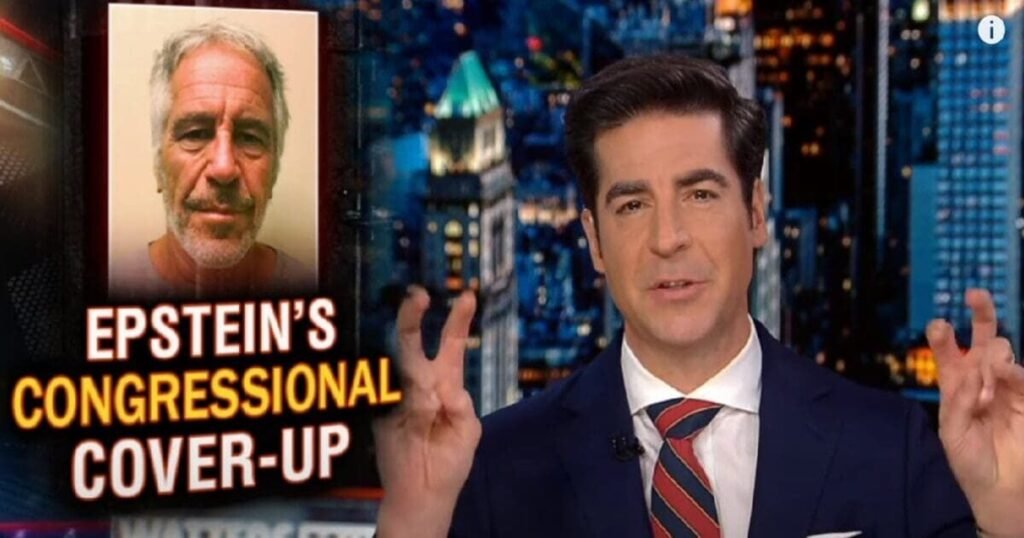
Human trafficking represents a grave violation of human rights and is often characterized by an insidious undercurrent within society, overshadowed by the complexities of legislation and enforcement. Defined as the exploitation of individuals through force, fraud, or coercion for purposes such as labor and sexual exploitation, this crisis impacts millions across the globe, including in the United States. Unfortunately, the alarming prevalence of human trafficking is compounded by significant lapses in government accountability and transparency, which have allowed these heinous acts to proliferate with relative impunity.
In many instances, governmental entities responsible for combating this atrocity often demonstrate inadequate action, failing to fully recognize the depth of the issue. Victims of human trafficking typically remain invisible, entangled in a web of bureaucracy and indifference. Reports suggest that existing laws for combating trafficking are poorly enforced or, in some cases, wholly ineffective. Consequently, the systemic failures in addressing these crimes demand urgent intervention from advocacy organizations like Expose and Reform™.
The imperative for organizations that expose human trafficking and promote reforms cannot be overstated. Their work serves to not only shed light on the often-hidden nature of this issue but also demands accountability from government authorities. The lack of transparency within these institutions leads to insufficient funding for preventative measures, inadequate resources for victim rehabilitation, and a general complacency towards the urgency of enacting change. Without significant reform and active participation from all sectors of society, human trafficking will continue unabated, causing immeasurable suffering to countless individuals.
It is crucial that we recognize the urgent need for systemic change. By holding governments accountable and advocating for enhanced procedures, it is possible to initiate effective reforms that combat human trafficking globally. Organizations like Expose and Reform™ are essential in this endeavor, as they drive the conversation forward and challenge the status quo, ensuring that the voices of victims are heard and that their rights are protected.
The Epstein Scandal: A Case Study in Governmental Manipulation and Gaslighting
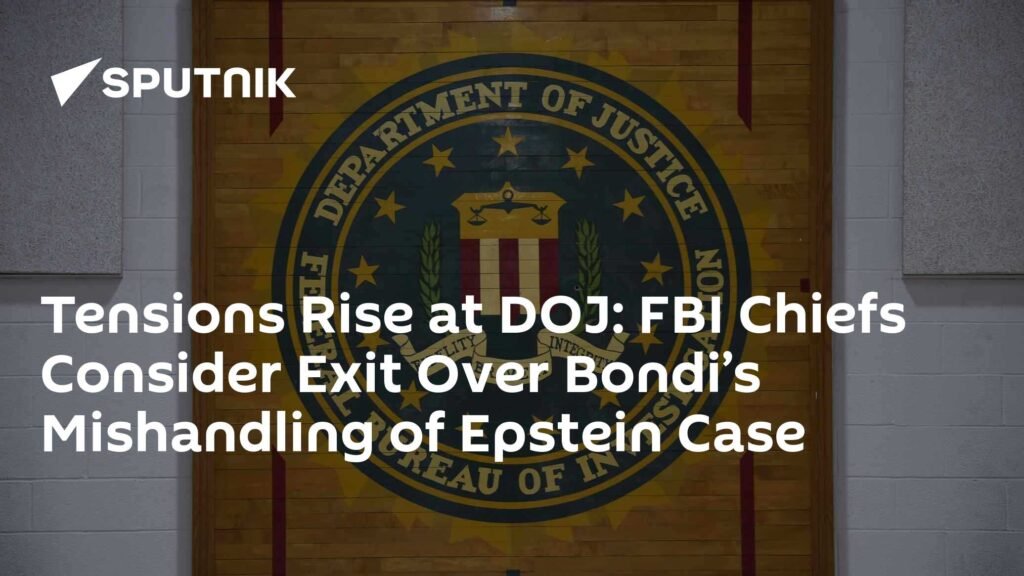
The Epstein scandal provides a striking example of how manipulation and gaslighting can perpetuate a culture of denial, obscuring the grim realities associated with human trafficking. Jeffrey Epstein, a financier with connections to numerous high-profile individuals, used his wealth and influence to engage in heinous acts while evading accountability for many years. Victims of his crimes faced significant challenges in having their testimonies taken seriously, as societal power dynamics often favored those in positions of authority over vulnerable individuals.
One of the most insidious aspects of the Epstein case was the systematic undermining of victims’ narratives. Rather than receiving support, many survivors encountered skepticism and hostility, which served to silence their experiences. This phenomenon is emblematic of broader societal issues surrounding consent and accountability. When those in power become complicit in manipulation, they create an environment where abuse can fester, as victims are made to feel that their truths are invalid and their pain unworthy of recognition.
The gaslighting observed during the Epstein scandal was also facilitated by institutions that prioritized their own reputations over justice. High-profile individuals affiliated with Epstein often dismissed allegations or opted to remain silent, perpetuating a narrative of disbelief. This atmosphere not only dissuaded further reporting from victims but also discouraged potential whistleblowers within systems designed to protect the vulnerable. As a result, the Epstein scandal illuminates a dire need for reform, underscoring the importance of believing and supporting survivors while holding perpetrators accountable.
The manipulative tactics at play in this case highlight how deeply rooted societal attitudes can obstruct essential conversations around consent and accountability. To effectively address the human trafficking crisis, it is vital to acknowledge these patterns and implement reformative measures that empower survivors while dismantling systems conducive to exploitation.
Contradictions of Political Figures: Bondi, Trump, and Celebrity Influence
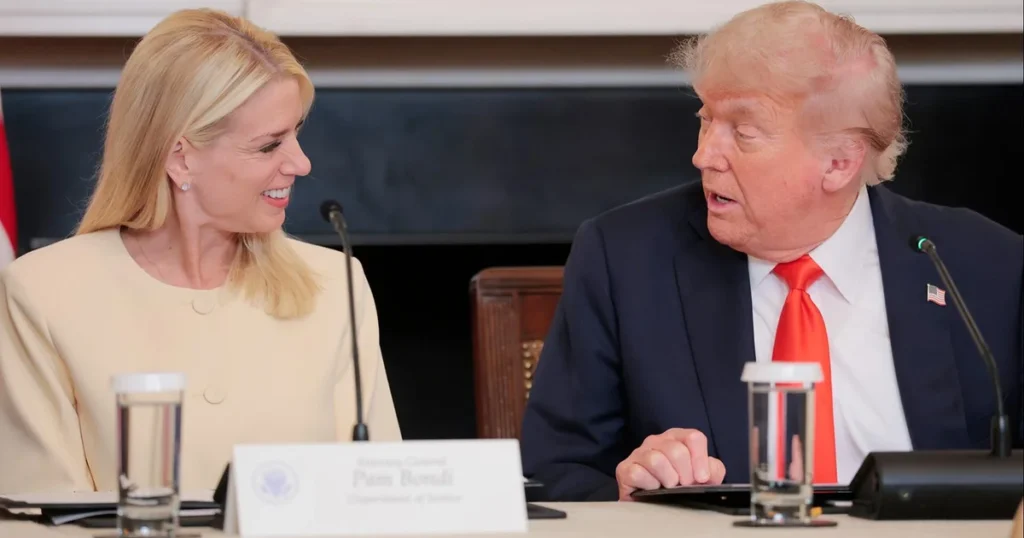
The issue of human trafficking, particularly in the case of high-profile individuals like Jeffrey Epstein, has drawn scrutiny not just on the perpetrator but also on prominent political figures who have had connections to him. For instance, Pam Bondi, former Florida Attorney General, publicly criticized Epstein’s crimes yet was noted for her ties to figures in his social circle. This juxtaposition raises questions about the true commitment of political leadership towards combating human trafficking. Despite her rhetoric, Bondi’s actions reflect a potential conflict of interest, given her close associations with powerful elites, which highlights a paradox within the political landscape surrounding anti-trafficking efforts.
Donald Trump’s relationship with Epstein is similarly complex. Trump has been recorded acknowledging Epstein’s influence in social circles, highlighting a previous friendship that complicates his later statements condemning human trafficking. This inconsistency between expressed beliefs and past associations suggests a disconnect that may undermine the credibility of political pledges to fight human trafficking. Such contradictions in behavior and rhetoric call into question whether these leaders are genuinely dedicated to reform or merely performing politically expedient gestures.
Furthermore, the role of celebrities in the human trafficking dialogue is equally complex. While some high-profile figures use their platforms to bring attention to the plight of trafficking victims, others seem to inadvertently oppose those same efforts through associations or lack of advocacy. The interplay between celebrity influence and social responsibility can either reinforce efforts to expose human trafficking or detract from them, as public figures navigate their visibility and contributions to reform. This dynamic reflects the broader societal challenge of determining effective responses to the human trafficking crisis, where both political leadership and celebrity endorsement can shape public perception and action.
Power Dynamics: The Role of Israel and Mossad in Human Trafficking
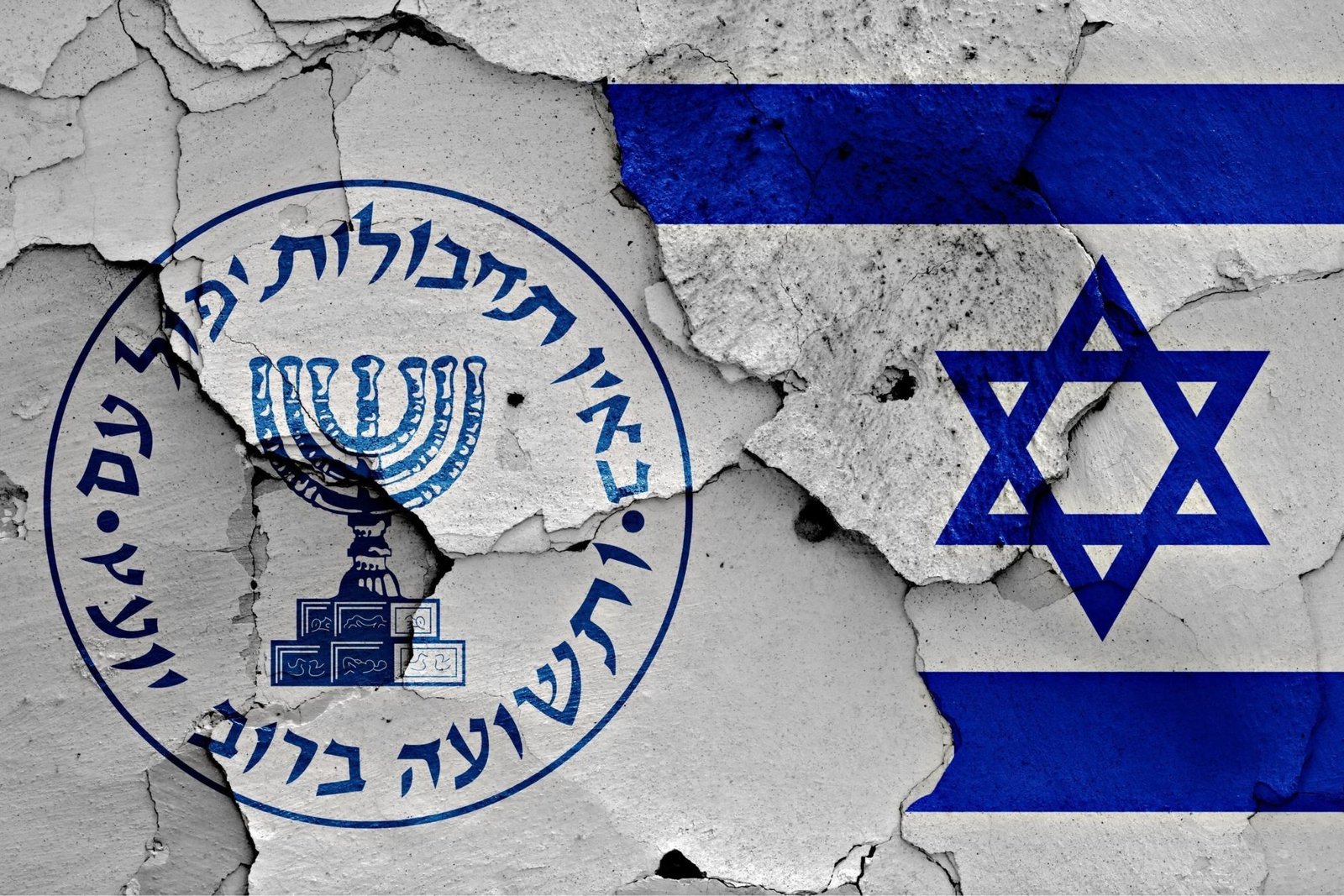
The complexities surrounding human trafficking often intersect with geopolitical considerations, particularly regarding the involvement of state actors like Israel and its intelligence agency, Mossad. Allegations have emerged suggesting that various nations, including Israel, may leverage trafficking networks for political, economic, or strategic purposes. This reality complicates international efforts aimed at combating human trafficking, as states often prioritize national security and diplomatic relations over addressing humanitarian crises.
Mossad has been alleged to engage in a variety of operations overseas, and reports have surfaced highlighting its potential connections to human trafficking activities. While many of these claims remain unverified and contentious, the dark interplay of power dynamics raises important questions about accountability and oversight. Trafficking networks thrive in environments where governance is weak, law enforcement is ineffective, or where corruption permeates institutions. In such contexts, intelligence agencies may exploit vulnerabilities for their agendas, further entrenching the cycle of exploitation.
Moreover, Israel’s geopolitical positioning in the Middle East, combined with its intelligence capabilities, creates an intricate backdrop against which human trafficking can occur. The intersection of migration policies, conflict, and economic instability often leads vulnerable populations to fall prey to traffickers. Given Israel’s security concerns, there is a rising need for international frameworks that address these challenges holistically, enabling law enforcement and intelligence agencies to collaborate against trafficking while ensuring the protection of human rights.
The global approach to tackling human trafficking must thus navigate these intricate power dynamics. Increased scrutiny of state actors’ roles in trafficking networks is essential, paired with comprehensive reforms that prioritize victim protection and prevention strategies. By addressing these underlying geopolitical factors, the international community can develop more effective responses to the grim reality of human trafficking, ultimately working toward sustainable solutions that uphold human dignity.
Societal Challenges: The Burden of Disbelief and the Safety of Ignorance
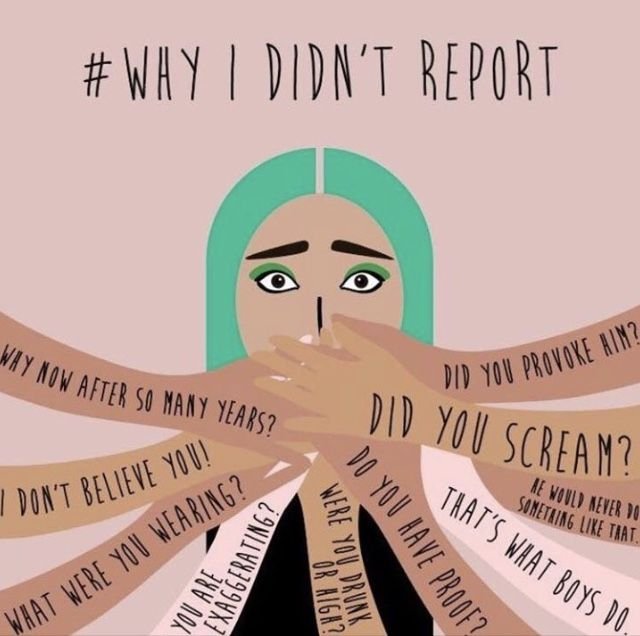
The issue of human trafficking is marred by a profound societal challenge: the reluctance to believe victims even in the face of compelling evidence. This disbelief stems from a complex interplay of psychological and cultural factors that inhibit the public’s willingness to confront unpleasant realities. Many individuals find comfort in the notion that law enforcement and legal systems are primarily vigilant protectors of society. Consequently, acknowledging the failures within these systems can be a disconcerting task, prompting a defensive response from the community.
Victims of human trafficking often encounter skepticism that discourages them from sharing their experiences. When these victims do come forward, societal disbelief manifests as a barrier to justice, further compounding their trauma. The disbelief can be attributed to a combination of cognitive dissonance and social conditioning; people have a natural inclination to uphold a worldview that reinforces their sense of safety and security. Accepting that human trafficking exists within one’s community requires a fundamental reassessment of societal norms and the belief that justice is always served. This is particularly challenging in cultures that idealize the integrity of law enforcement, fostering a narrative that prioritizes the safety of ignorance over the discomfort of acknowledging uncomfortable truths.
Moreover, media portrayals often sensationalize trafficking incidents, creating a distorted perception that can lead society to dismiss real victims as mere statistics or exaggerated stories. As a result, when these individuals seek support, they are often met with disbelief rather than empathy. This cultural stigma creates an environment where survivors may feel isolated and unsupported. Addressing these societal challenges is critical for fostering an environment of understanding and belief in victims’ narratives. Only by striving to dismantle the barriers of disbelief can we hope to create a more supportive framework for those impacted by human trafficking.
🎖️Honoring Whistleblowers: Courageous Voices Within Law Enforcement and the Military
Whistleblowers in law enforcement and the military play an indispensable role in the struggle against human trafficking, often at great personal and professional risk. These courageous individuals step forward to reveal instances of misconduct, corruption, and systemic failings within their organizations. Their revelations can serve as turning points, catalyzing investigations and reforms that are essential for combating not only human trafficking but also various forms of corruption that foster such crimes.
The sacrifices that whistleblowers endure are significant. They may face retaliation, career jeopardy, or even social ostracism from their peers. Yet, their moral courage compels them to prioritize the public good over personal safety. This selflessness is vital in dismantling the networks that perpetuate human trafficking. By shining a light on abuse and negligence, these individuals advocate for greater accountability and foster a culture of transparency within their agencies.
Moreover, the contributions of whistleblowers extend beyond mere disclosure. Their accounts often reveal systemic issues that require intervention at multiple levels. For instance, they may expose inadequate training on recognizing the signs of trafficking, resulting in policy changes that enhance education and awareness within law enforcement and military personnel. Such reforms not only empower officers to act effectively but also signal a commitment to integrity and ethical conduct.
Thus, acknowledging and supporting whistleblowers is crucial. Their insights can drive systemic change, refine operational strategies, and create safer communities. To foster a culture where individuals feel empowered to report wrongdoing without the fear of reprisal, organizations must establish robust protections and support systems. Recognizing these brave voices is essential in the fight against human trafficking, as they embody the spirit of justice and accountability that lies at the heart of effective law enforcement and military action.
⚖️The Role of NGOs in Combating Human Trafficking
Non-Governmental Organizations (NGOs) play a pivotal role in combating human trafficking, which has emerged as a critical global issue. Organizations such as Expose and Reform™ are at the forefront of this battle, utilizing their extensive resources and networks to advocate for victims and influence systemic change. NGOs engage in various strategies aimed at raising awareness, providing support to victims, and lobbying for policy reform.
One of the primary functions of NGOs is to raise awareness about human trafficking, which often remains hidden in plain sight. Through educational programs, public campaigns, and community outreach, organizations deliver essential information that equips individuals with the knowledge to recognize and report trafficking situations. By utilizing social media and partnership initiatives, NGOs amplify their message, reaching a wider audience and fostering a collective response. Grassroots movements initiated by NGOs can significantly mobilize communities, activating local citizens to join the fight against human trafficking.
In addition to awareness efforts, NGOs also provide critical support services for victims of human trafficking. Many organizations offer shelter, counseling, legal aid, and rehabilitation programs tailored to the unique needs of survivors. By providing these essential services, NGOs contribute to the healing process while empowering victims to reclaim their lives and rights. Furthermore, NGOs often undertake research to identify systemic issues and recommend evidence-based policies aimed at combating trafficking effectively.
Ultimately, the collaborative efforts of NGOs are vital in influencing government policy and ensuring that anti-trafficking legislation is enacted and enforced. Through advocacy, NGOs like Expose and Reform™ can champion the cause at national and international levels, driving legislative reforms that address the root causes of human trafficking and promote comprehensive support for survivors. Their continuous dedication and strategic initiatives are integral to the fight against this pervasive human rights violation.
🔔Call to Action: Community Engagement and Awareness
The fight against human trafficking requires the collective effort of individuals and communities, as this crisis thrives on silence and ignorance. The first step towards combating this heinous issue is to raise awareness. Engaging in conversations within your circles whether at home, in schools, or in the workplace, can dramatically enhance understanding about the signs of trafficking and the resources available to combat it. By sharing knowledge and experiences, community members can prepare to recognize suspicious activities and empower each other to take immediate action when needed.
Volunteering for local organizations that combat human trafficking is another significant avenue for community engagement. Many nonprofits work tirelessly to educate the public, advocate for policy change, and provide aid to victims. By offering your time and skills, whether through participating in awareness campaigns, helping with fundraising events, or providing administrative support, you can strengthen their efforts and contribute to creating a safer environment.
Additionally, organizing or participating in community events such as workshops or seminars can provide vital platforms for disseminating information about human trafficking. These gatherings serve as critical opportunities for networking and collaboration among local stakeholders. Engaging law enforcement, schools, and health care providers in these discussions can enhance the community’s capacity to prevent trafficking incidents.
Moreover, digital platforms offer immense potential for spreading awareness beyond localized confines. Utilizing social media to share informative content, including articles and personal stories, can engage a broader audience and inspire action. Each post can contribute to a ripple effect, mobilizing individuals to join the movement against human trafficking. Just as important as individual contributions are, collective community efforts can create a robust network dedicated to combating this moral crisis.
‼️Conclusion and Vision for a Safer Future
The human trafficking crisis presents one of the most pressing challenges of our time, necessitating immediate attention and comprehensive reform. Throughout this discourse, several critical points have been highlighted, underscoring the urgent need for collective action. First and foremost, it is essential to acknowledge that human trafficking affects various demographics across the globe and requires a multifaceted approach to effectively combat it.
One of the key aspects discussed is the necessity for enhanced legal frameworks that not only punish perpetrators but also protect and empower victims. The inadequacy of current laws in many regions fails to address the complexity of trafficking avenues. As advocates for reform, we must push for legislation that holds offenders accountable while providing comprehensive support services for victims, including access to mental health care, legal aid, and economic opportunities.
Moreover, the importance of public awareness cannot be overstated. Education plays a crucial role in prevention, and empowering communities to recognize the signs of trafficking can lead to timely interventions. Engaging local organizations and stakeholders fosters a united front against human trafficking, strengthening our ability to mobilize resources and respond effectively.
As we look to the future, shared responsibility must be at the forefront of our efforts. Governments, non-profits, and individuals alike have roles to play in disrupting trafficking networks, advocating for policy reforms, and offering healing resources to those affected. By fostering a culture of vigilance and compassion, we can build a safer environment for all. With unwavering determination and collaboration, we can turn the tide on human trafficking, moving towards a future where freedom and safety are fundamental rights for everyone.
🔎 Real Cases: Human Trafficking Hidden in Plain Sight
Below are just a few of the real-life cases that prove how trafficking thrives not in dark alleyways, but behind respectable institutions, courtrooms, and family homes.
- Cagney Richards v. Indiana State – A federal lawsuit filed May 6, 2025, alleges coordinated trafficking, abuse, stalking, isolation and corruption under the color of law. Evidence includes audio/video confessions, falsified records, and deliberate systemic inaction. All attorneys that have touched this case, including the prosecutor, are front he now closed defunct Valparaiso University therefore, case dismissed but without prejudice. (Show support by signing her petition here !)
- Rotherham Scandal (UK) – Over 1,400 children exploited for years while authorities looked the other way to avoid racial and political backlash.
- Telford Grooming Ring (UK) – Thousands of girls trafficked over decades. Police ignored or downplayed reports.
Each case echoes the same patterns: victims dismissed, whistleblowers ignored and systems weaponized to protect abusers – not the victims.
If you or someone you know has a case that deserves to be heard, submit it here.
Help us raise awareness and bring an end to Human Trafficking by signing our petition here!

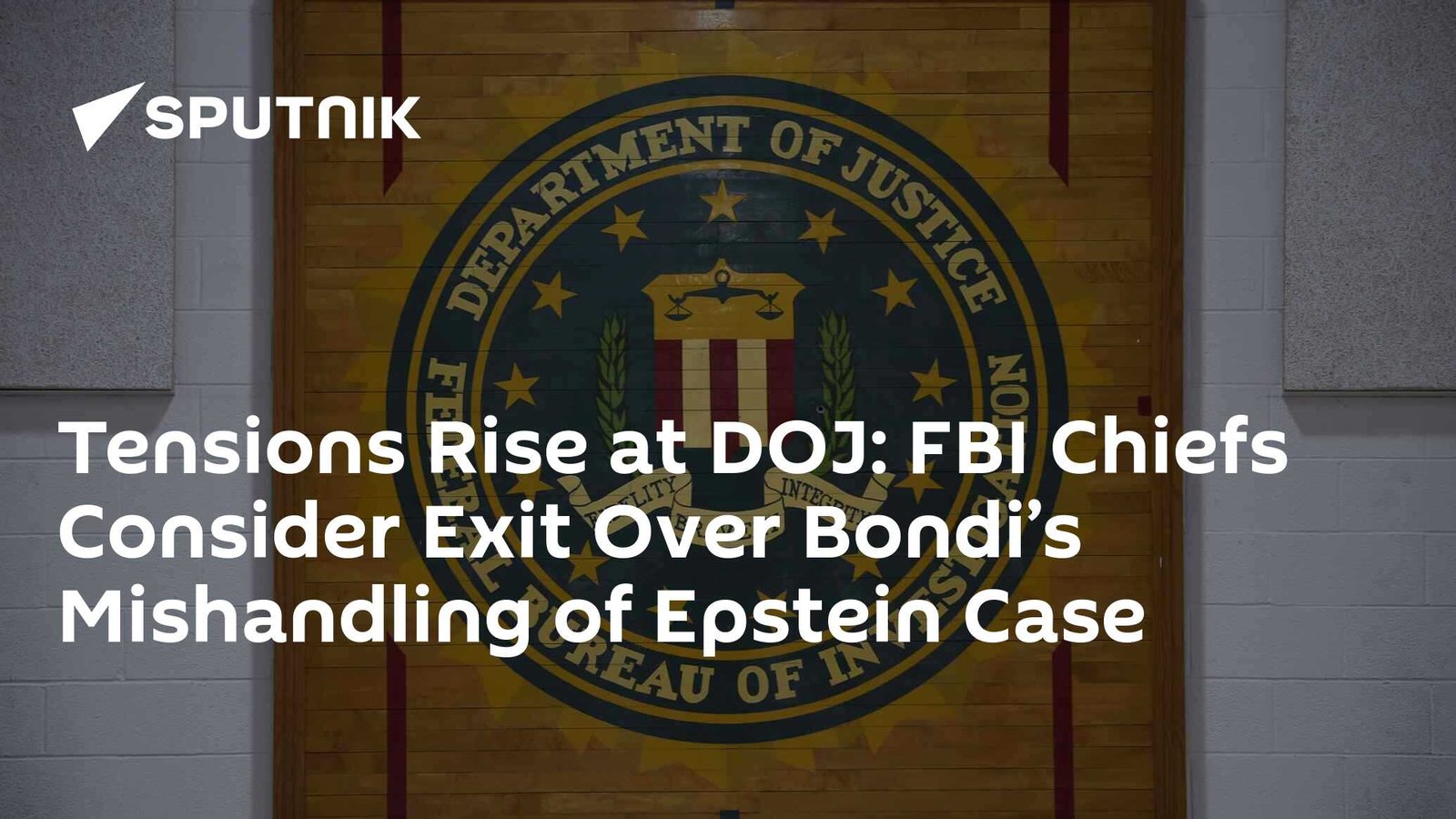
Leave a Reply